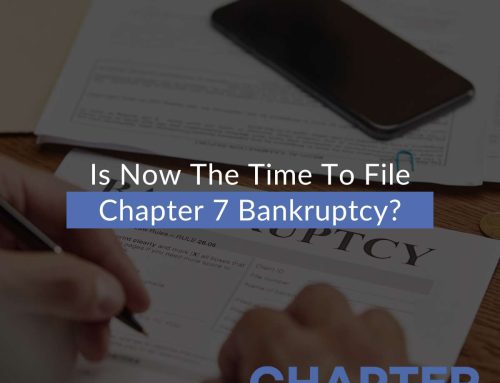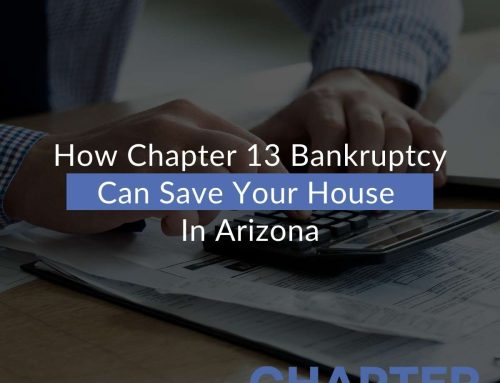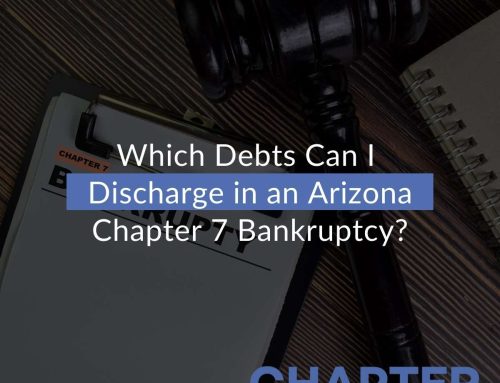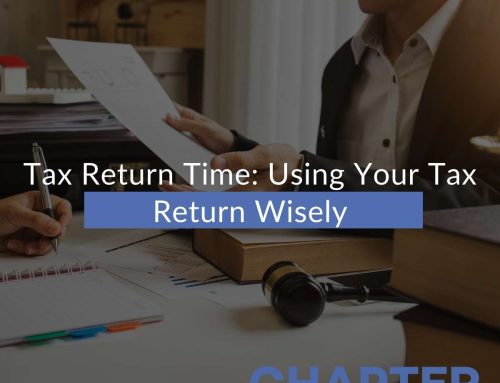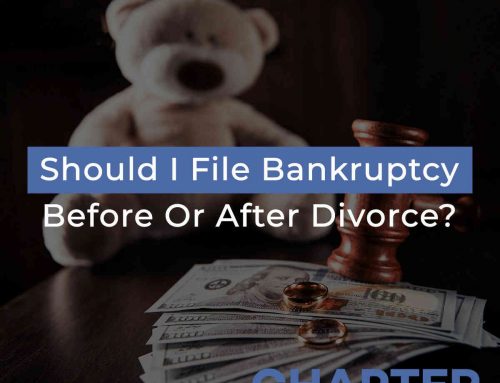Differences Between Filing For Bankruptcy Chapter 7 & Chapter 13: Which Option Is Right For You
Feeling overwhelmed by debt and unsure of what to do next? Filing for bankruptcy might offer the financial reset you need, but choosing between Chapter 7 and Chapter 13 can be confusing. That’s why our chapter bankruptcy lawyers in Mesa are ready to help with the following guide.
This article breaks down the key differences between Chapter 7 and Chapter 13 to help you understand which path may be right for you and ensure a successful outcome for your finances.

Understanding The Bankruptcy Process
Bankruptcy is a legal process that protects individuals, couples, and businesses from financial ruin due to overwhelming debt. It’s overseen by federal courts in the U.S.
This process is classified into two types: Chapter 7 and Chapter 13. Upon successful completion of either, many (but not all) consumer debts are eliminated.
Debts that can be discharged through bankruptcy include medical bills, unpaid rent, utility bills, and unpaid credit cards. As for the debts that cannot be discharged, these are unpaid alimony and child support payments, some unpaid taxes, and some federal student loans and criminal fines.
Is Chapter 7 Bankruptcy Right For You?
Chapter 7 bankruptcy is often a great option for people overwhelmed by unsecured debts like credit cards, personal loans, or medical bills. It’s also ideal if you don’t have significant assets.
If your income is below your state’s median and you can’t afford a repayment plan, Chapter 7 may allow for a fresh start.
Keep in mind, certain debts like student loans, child support, and recent taxes usually aren’t discharged.
This is a good option if you:
- Have limited income
- Are facing wage garnishment
- Don’t have major assets to protect
Is Chapter 13 Bankruptcy The Best Option For You?
Chapter 13 bankruptcy works best for people who earn regular income and want to keep important assets (like a home or car) while catching up on past-due payments. It gives you enough time (3 to 5 years) to repay a portion of your debts under a court-approved plan.
This is a good option if you:
- Are behind on mortgage or car payments
- Don’t qualify for Chapter 7
- Want to stop foreclosure or repossession
- Need to protect valuable assets
How To Choose Between Chapter 7 & Chapter 13
You have to be very honest about your situation and ask yourself:
- Can I afford monthly payments to creditors?
- Am I trying to stop foreclosure or repossession?
- Do I have assets I want to protect?
A bankruptcy lawyer in Tempe can help you evaluate your income, debts, and long-term financial goals to decide which chapter gives you the most relief and protection. It’s the best help you can get to choose the future of your finances wisely.
Important Factors To Consider When Filing For Bankruptcy
Are Your Assets Protected?
Asset protection is key when choosing between Chapter 7 and Chapter 13 bankruptcy. In Chapter 7, nonexempt assets (those not protected by Arizona’s specific exemption laws) can be sold by the trustee to repay creditors. For example, Arizona’s homestead exemption protects up to $150,000 in home equity and up to $6,000 per vehicle ($12,000 for married couples). If your equity exceeds these limits, Chapter 13 may allow you to keep those assets while repaying your debts through a structured payment plan.
Bankruptcy Timeframes
Once you file for bankruptcy, the Automatic Stay is triggered and typically lasts until your case is discharged or dismissed. The Automatic Stay provides comprehensive creditor protection, stopping foreclosures, wage garnishments, bank levies, repossessions, utility shutoffs, evictions at certain phases, and more.
The Automatic Stay freezes your credit, preventing you from using credit cards or opening new credit accounts during the bankruptcy process.
Chapter 7 is generally resolved within 3–6 months, offering a faster discharge. In contrast, Chapter 13 requires a 3- or 5-year repayment plan based on your income level. While both activate the Automatic Stay, you’ll face restrictions like credit freezes and limitations on buying new assets. If you need long-term protection and can commit to monthly payments, Chapter 13 may be more suitable.
Credit Implications of Filing Chapter 7 or Chapter 13 in Arizona
Both types of bankruptcy will impact your credit, but not equally. As mentioned above, you will be disqualified from home mortgages for 2 years after filing either chapter of consumer bankruptcy. But in a Chapter 13 bankruptcy, you will still have 1-3 years left in your payment plan when that 2-year mark passes.
Filing either type of bankruptcy will negatively impact your credit score, although many individuals filing for bankruptcy already have less-than-ideal credit scores. If you have an average credit score before filing your bankruptcy petition, you may see very little effect on your score upon filing. If you have a low score, you might actually see a slight improvement in your score after filing your bankruptcy petition.
Child Support Wage Garnishments
Bankruptcy won’t erase child support obligations. Chapter 7 doesn’t stop child support wage garnishments either. However, Chapter 13 can halt those garnishments if your repayment plan includes full payment of the overdue support. On the other hand, if your wages are being garnished for credit cards or personal loans, Chapter 7 can stop it immediately and wipe out the debt without repayment.
Contact Our Mesa Bankruptcy Lawyers For Better Help
Need help deciding which bankruptcy chapter is right for you? Learn more about the benefits and drawbacks of each chapter of bankruptcy from the convenience and privacy of your home with your free phone consultation. Our experienced chapter bankruptcy lawyers in Mesa offer affordable rates, same-day appointments, and emergency filings. We also offer payments starting as low as Zero Dollars Down. To get started, contact us or use our online form to schedule your free consultation today.
Chapter Bankruptcy Lawyers
Mesa Office
3707 E Southern Ave
Mesa, AZ 85206
Phone: 480-405-1010
Email: [email protected]
Tempe Office
4500 S Lakeshore Dr #300
Tempe, AZ 85282
Phone: 480-562-6145
Email: [email protected]


